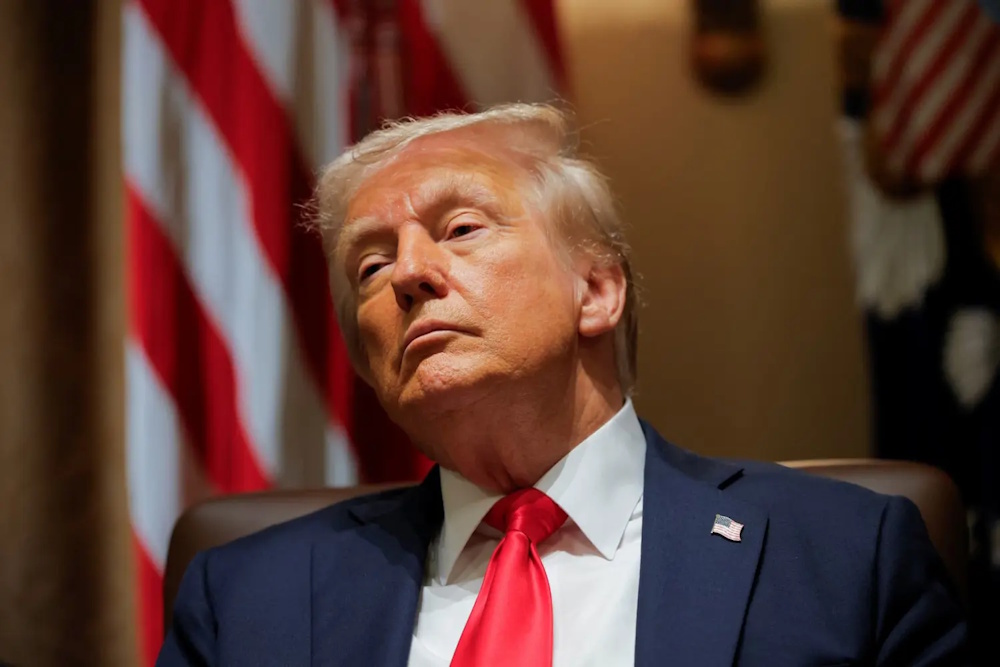
The Trump administration is providing financial assistance to Argentina, a decision that critics argue is driven more by political considerations than by economic rationale or American interests. That signifies that 20 billion US taxpayer dollars will be allocated to support a nation governed by a close associate of President Donald Trump. “Argentina faces a moment of acute illiquidity,” Treasury Secretary Scott Bessent noted on Thursday. “The US Treasury is prepared, immediately, to take whatever exceptional measures are warranted to provide stability to markets.” Meanwhile, the US federal government approaches two weeks of shutdown, while US businesses and industries continue to grapple with the ramifications of Trump’s persistent trade war. The nation’s currency experienced a notable decline following the substantial electoral defeat of President Milei’s party last month. The losses undermined investors’ confidence in Milei’s capacity to implement his economic reforms effectively. Milei has implemented significant reductions in government expenditure, eliminated numerous regulations, and terminated tens of thousands of public-sector employees since assuming office in 2023. His administration has achieved certain milestones; inflation in Argentina has moderated this year to the most gradual monthly rate in over four years.
Argentina’s President Javier Milei speaks alongside legislative candidate Manuel Adorni and Argentina’s Secretary General of the Presidency Karina Milei during an open-air political rally at Parque Sarmiento in Cordoba, Argentina on September 19, 2025. The Trump administration has contended that Argentina’s financial difficulties may have repercussions for other economies if not addressed promptly. Administration officials indicate a potential risk of Argentina, a significant economy in South America, enhancing its connections with China. On Thursday, Bessent confirmed via social media that Argentina’s bailout is progressing in two significant ways. Bessent stated that the administration has completed a $20 billion currency swap agreement with Argentina’s central bank, enabling the exchange of its local currency for the US dollar. The Federal Reserve Bank of New York indicates that this marks only the fourth occasion since 1996 that the United States has engaged in the purchase of another nation’s currency. The United States has historically extended financial assistance to foreign nations, typically in scenarios where the stability of the global economy is jeopardized or when a key geopolitical partner, like Mexico, faces significant challenges that could adversely affect US creditors and investors. However, this bailout lacks urgency, occurring at a particularly inconvenient moment, with critics alleging that Trump is utilizing billions of American dollars to support one of his personal allies.
“The Treasury’s decision to offer a ‘swap’ in Argentina is really a signal that Washington is willing to wield its financial tools for political purposes in ways that depart from past norms,” wrote Heidi Crebo-Rediker, and Douglas Rediker. The current situation unfolds amidst a government shutdown in the United States, leading to the furlough of over a million federal employees or their continued work without compensation. “It is inexplicable that President Trump is propping up a foreign government, while he shuts down our own,” Democratic Senator Elizabeth Warren of Massachusetts stated on Thursday. Meanwhile, the outcome has been a dual impact on American farmers stemming from Trump’s own policies. American farmers are experiencing significant challenges this year, largely due to Trump’s efforts to redefine global trade dynamics. Argentina’s bailout inadvertently exacerbated their situation. China, a significant purchaser of US soybeans, ceased acquisitions of the commodity in May as a reaction to Trump’s trade conflict. Subsequently, following Argentina’s temporary suspension of export taxes on grains, China capitalized on the opportunity and procured tens of thousands of pounds of Argentine soybeans. “Why would the USA assist in bailing out Argentina while they are simultaneously taking the largest market for American soybean producers?” We should utilize leverage at every opportunity to assist the struggling agricultural economy. “Family farmers should be top of mind in negotiations by representatives of the USA,” Chuck Grassley stated.
In addition to Millei, China, and the Argentine treasury, detractors argue that the bailout is poised to significantly advantage affluent fund managers who are substantial stakeholders in Argentine debts and assets. The bailout is poised to provide a substantial financial benefit to Rob Citrone, a billionaire hedge fund manager with considerable stakes in Argentina. According to Judd Legum, Bessent’s personal and professional relationship with Citrone has endured for decades. “Trump promised ‘America First,’ but he’s prioritizing himself and his billionaire associates while leaving Americans to foot the bill,” Warren stated on Thursday. Eight Democrats, including Warren, have put forth a legislative proposal in Congress aimed at obstructing Argentina’s bailout. Bessent recently stated that “this trope that we’re helping out wealthy Americans with interest down there couldn’t be more false.” He stated “What we’re doing is maintaining a US strategic interest in the Western Hemisphere.”

